Posted on 10/31/2025
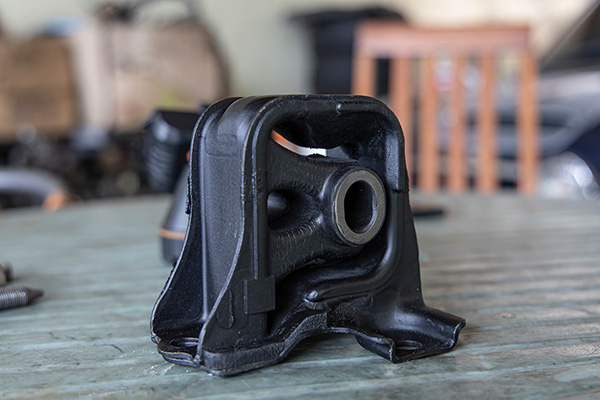
When your car is idling and the steering wheel or seats start to shake more than usual, that vibration may not be coming from the engine itself, but rather from the mounts that hold it in place. Engine mounts are often overlooked, but they play a big role in how smooth your vehicle feels and how long key components last. If these mounts wear out, you may start noticing clunking sounds, extra vibration, or engine movement when accelerating or shifting gears. Let’s take a closer look at what engine mounts do, how to spot early warning signs, and what happens when they fail completely. What Engine Mounts Actually Do Every car engine has multiple mounting points that attach it to the vehicle’s frame. These engine mounts are usually made of metal and rubber. The metal provides strength and connection, while the rubber helps absorb vibrations and engine movement. Some modern vehicles even use hydraulic or electronically controlled mounts for better isolation ... read more
Posted on 9/26/2025
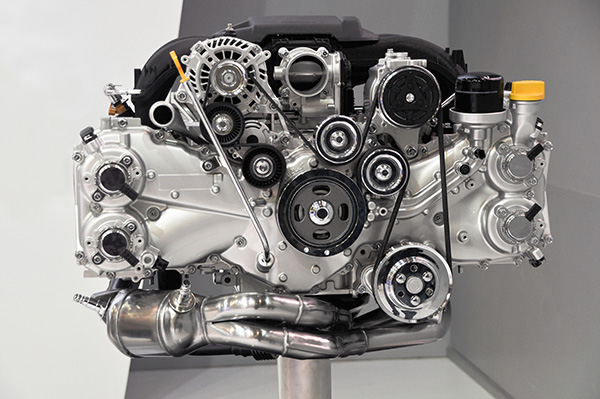
Hearing a knocking noise coming from your engine is unsettling. While some causes are minor and easy to fix, others can signal serious mechanical problems that need immediate attention. Because your engine depends on precise timing and smooth operation, unusual sounds often indicate that something isn’t working as it should. Knowing what to listen for and how to respond can help you avoid costly repairs and keep your vehicle running reliably. Why Engine Knocking Happens Your engine works by igniting a mixture of air and fuel inside the cylinders. This combustion drives the pistons, which power the crankshaft and ultimately turn your wheels. When everything is working properly, the process is smooth and quiet. But when combustion happens at the wrong time or components inside the engine wear down, you may hear knocking, tapping, or pinging sounds. Knocking can come from several different sources, so it’s important to understand the most common causes and ... read more
Posted on 8/29/2025
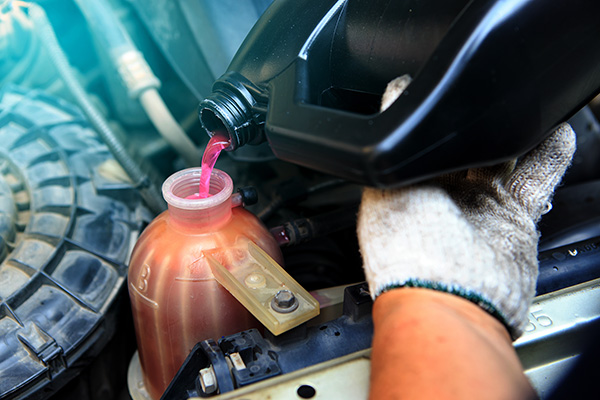
Your vehicle’s engine produces a significant amount of heat, and it relies on a cooling system to regulate temperatures. At the center of that system is coolant, also known as antifreeze, which helps transfer heat away from the engine. But over time, coolant breaks down and becomes less effective. That’s where a coolant flush comes in. If you've ever wondered whether your car needs a coolant flush or what the service really does, this guide will help you understand the value of keeping your cooling system clean and functional. What Exactly Is a Coolant Flush A coolant flush is a service that drains the old, worn-out coolant from your vehicle’s system and replaces it with fresh fluid. Unlike a simple drain-and-fill, a full flush also removes sediment, rust, and scale buildup that can collect inside the radiator, water pump, and heater core. This process helps restore efficient cooling, prevents blockages, and protects the engine from overheatin ... read more
Posted on 7/25/2025
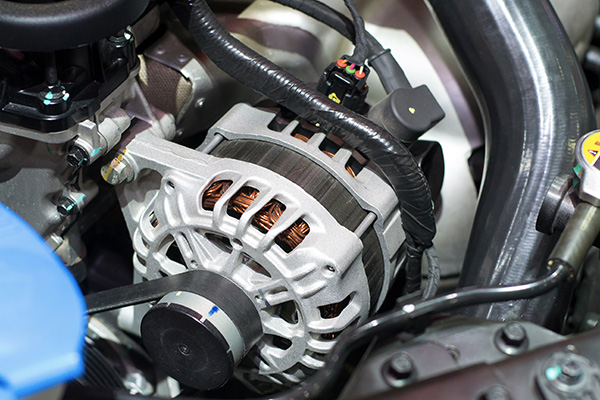
When it comes to your vehicle’s electrical system, the battery often gets all the attention. While it’s essential for starting your car, the real workhorse behind keeping all your electronics running is the alternator. Understanding what the alternator does and the consequences of its failure can help you stay prepared and prevent unexpected breakdowns. The Main Role of the Alternator The alternator’s primary job is to generate electricity to power your car’s electrical systems while the engine is running and to keep the battery charged. Once your engine starts, the alternator takes over from the battery to supply energy to components like the headlights, air conditioning, radio, and power windows. Without a working alternator, your battery would quickly drain, and your car would lose power. How the Alternator Works The alternator is driven by a belt connected to the engine (often the serpentine belt). As the engine runs, i ... read more
Posted on 6/27/2025
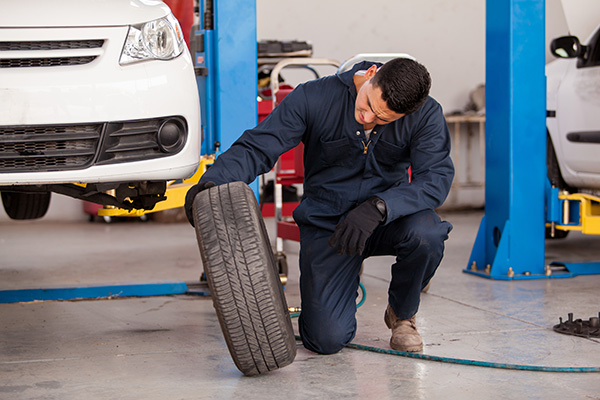
Tire rotation is one of the most straightforward and affordable services you can get for your vehicle, yet it’s often overlooked or postponed. Many drivers assume that as long as their tires look fine, there's no need to rotate them. In reality, routine tire rotation has a big impact on the life and safety of your tires and your car as a whole. Your tires don’t all wear out at the same rate. Depending on your vehicle’s drivetrain, alignment, and driving habits, some tires endure more pressure and friction than others. Rotation ensures that wear is spread more evenly across all four tires, resulting in improved performance and maximizing the value of your investment. 1. Longer Tire Life Each wheel position places different demands on the tire. On front-wheel drive vehicles, for example, the front tires handle the majority of the steering and braking forces, which causes them to wear more quickly. If the tires aren’t rotated, those front ti ... read more